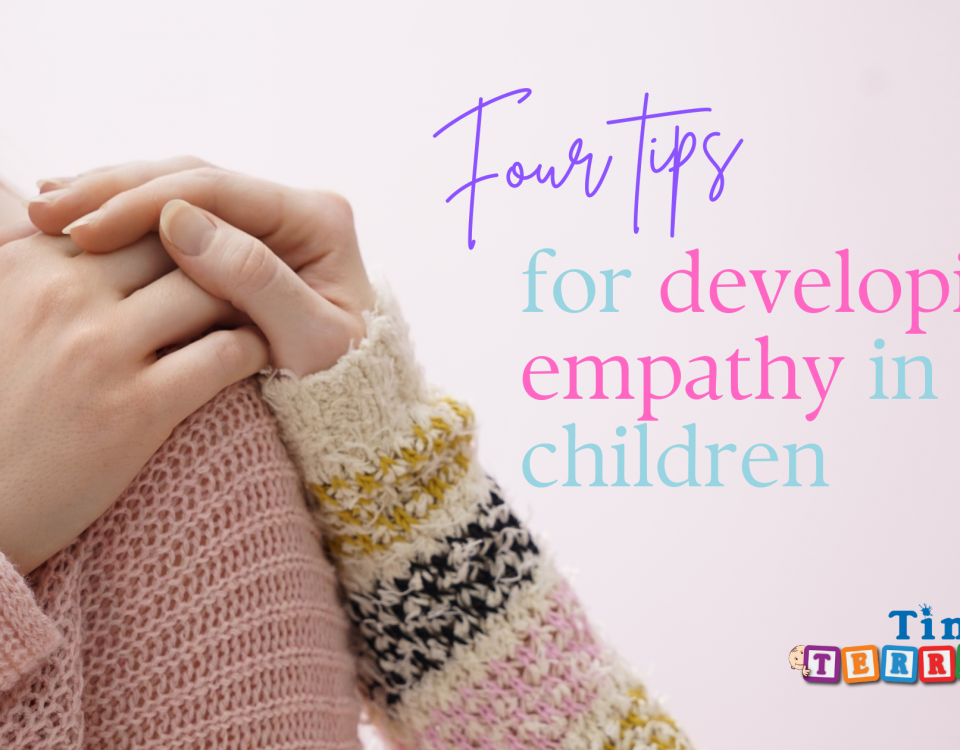
A Guide for Working Parents: Balancing family and work
April 14, 2021
16 stay-at-home activities with kids during the Sydney lockdown
June 29, 2021How to deal with sibling rivalry without losing your cool

Are you struggling to maintain your cool during those challenging moments of sibling rivalry?
Every parent wishes for a dream family setting where their children demonstrate ideal manners, a high level of patience towards their siblings and utmost obedience.
But parenting as you know is a bumpy ride.
Research has highlighted the importance of maintaining healthy sibling interaction for a better quality of life. So, let us step back and devise some practical principles to deal with this situation effectively.
Why do children fight?
- To fulfil their need for undivided attention
- The need to exert authority over others
- Being at different steps of developmental phases
- Diversity in personalities of siblings
- As a result of unfair comparisons between siblings by parents or other adults
- Absence of conflict resolution skills.

How to Deal Effectively with Sibling Rivalry
Here we will share some practical ways to deal with this sibling rivalry effectively in your household.
Be a good listener- stay calm and composed.
The first and foremost tip to deal with any heated situation is to remain calm. You can try to divert the emerging storm of fierce emotions to something positive.
But all of this can only be achieved if you as a parent keep your feet dry and do not step into the burning lava of overflowing emotions.
- Stay firm yet humble.
- Listen to each side with patience
- Do not react but respond
Define your family rules.
Children struggle to channel their negative emotions effectively. Any disagreement can easily turn into physical combat. A hands-off policy helps curb the urge to physically fight and the siblings will learn that hitting is not the appropriate way to respond to a disagreement.

Calm the conflict.
Your role as a parent is like a referee. You define rules and help them resolve the issues through positive reconciliation.
Listen to each child’s standpoint turn by turn and allow them to take out those negative emotions verbally without being disrespectful.
- Wait for your children to cool down before you try talking to them
- Avoid the blame game and never take sides
- Motivate them to come up with a solution by themselves
- Suggest a few solutions and help them reach an agreement
Same outcomes and consequences.
There will be times when a strategy does not work, and the conflict fails to get resolved. In this scenario, it is best to let all the participants equally face the music.
Give them a final choice to either deal with the situation amicably or deal with the consequences i.e. the removal of device or toy.
Children are smart players, soon you will see them agree to proposed solutions. Seldom can they see themselves lose the battle altogether.
- Make decisions that are final and firm
- Do not entertain winning or complaining at this point.
Teach conflict resolution skills.
Once you are successful in extinguishing the burning fire, lookout for opportunities to teach kids much-needed conflict resolution skills.
- Taking turns: show them how to respond to situations where everybody wants the same thing at the same time.
- Using appropriate language
- Channeling their emotions through respectful verbal expression.
- In case of outbursts, walk away, drink a glass of water, and take deep breaths.
One-on-one time.
Sometimes the resentment and negativity in a child’s personality leads to undue conflicts. This is a clear indication of their unmet desire for validation. It is a good idea to plan a one-on-one time with each child. This will help you to understand their underlying emotions while they will get a chance to express themselves freely. This precious slot of undivided attention will fill their cup of attention and love, making them more joyful and relaxed.
Key things to remember.
- Be patient. It is their battle, not yours.
- Keep things positive and never resort to blaming, shaming or name-calling.
- Never compare your children to each other. It will only add to the resentful behaviour.
- Make behavioural rules to introduce them to appropriate ways to respond.
- Always have a plan mapped out to deal with fights that include physical violence.

“Keep calm and spread positivity while treading on this bumpy yet most rewarding journey of parenting.”
Tiny Terrors can help you identify behaviour issues in your child and help with finding a solution that works for your family. Call us now at 1300 001 414 to discuss your child’s issues and find out more about our in-home parenting and behaviour support services.


